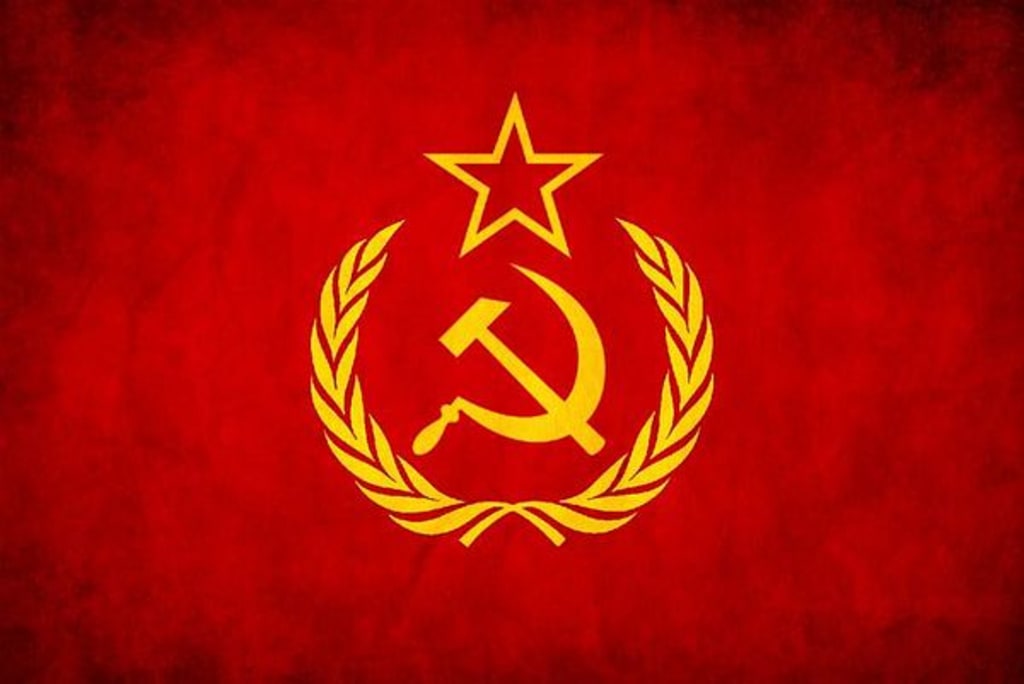The Soviet Union - The Most Powerful Communist Country in the World
The Most Powerful Communist Country in the World

The rise of the Soviet Union marked a transformative period in global history, as it emerged as the most powerful communist country in the world. From its foundation to the challenges of the Cold War and eventual dissolution, the Soviet Union's journey was filled with perplexity and burstiness.
Foundation of the Soviet Union
The Soviet Union's origins can be traced back to a tumultuous period following the Russian Revolution. Influential figures like Lenin played pivotal roles in shaping the nation's early trajectory, laying the groundwork for a communist state.
Lenin's Leadership
Vladimir Lenin's leadership was instrumental in implementing communist ideology. His policies set the stage for the radical changes that would define the Soviet Union's identity.
Stalin Era
The era of Joseph Stalin saw unprecedented industrialization and collectivization, propelling the Soviet Union into a global powerhouse. However, it also witnessed immense human suffering and political repression.
World War II and Soviet Influence
The Soviet Union's pivotal role in the defeat of the Axis powers during World War II further solidified its influence on the world stage. The post-war era marked the expansion of communist ideals in Eastern Europe.
Cold War Dynamics
The Cold War brought about intense geopolitical rivalries between the Soviet Union and the United States. The arms race and space race showcased the burstiness of the era, with both superpowers vying for supremacy.
Economic Structure
The Soviet Union's unique economic structure, characterized by centralized planning, had both successes and failures. Advances in science and technology showcased the country's capabilities.
Cultural Impact
While the Soviet Union made strides in science, its cultural impact was marred by suppression of dissent and censorship. Soviet art, literature, and propaganda reflected the state's control over creative expression.
Collapse of the Soviet Union
The dissolution of the Soviet Union in 1991 marked the end of an era. Various factors, including economic challenges and internal unrest, contributed to the downfall of the once-mighty communist state.
Lessons Learned
Analyzing the Soviet experiment provides insights into the strengths and weaknesses of communism. The relevance of these ideals in today's world continues to be a subject of debate.
Perplexity of Soviet Policies
Examining the contradictory aspects of Soviet decision-making reveals the complexities that defined the nation's policies. Citizens experienced the perplexing impact of government actions on their daily lives.
Burstiness in Soviet History
Pivotal moments and sudden changes characterized Soviet history, reflecting the unpredictable nature of the nation's trajectory. Unforeseen events shaped the course of the Soviet Union in unexpected ways.
Enduring Symbols
Iconic images and symbols associated with the Soviet Union, such as the hammer and sickle, continue to hold significance in contemporary culture. They serve as enduring reminders of a bygone era.
The Soviet Union's Global Impact
The influence of the Soviet Union extended beyond its borders, inspiring communist movements worldwide and shaping the geopolitical landscape during the Cold War.
Conclusion
In conclusion, the Soviet Union's journey from its foundation to dissolution left an indelible mark on global history. The complexities, contradictions, and burstiness of its trajectory continue to fascinate and inform our understanding of the past.
FAQs
Was the Soviet Union a purely communist state?
The Soviet Union identified as a communist state, but various factors influenced its governance, leading to deviations from pure communism.
What role did ideology play in the Cold War between the Soviet Union and the United States?
Ideological differences, particularly the clash between communism and capitalism, fueled the Cold War tensions.
How did the collapse of the Soviet Union impact global politics?
The dissolution of the Soviet Union reshaped global politics, leading to the emergence of new nations and power dynamics.
Are there any remnants of Soviet influence in modern Russia?
Some aspects of Soviet influence persist in modern Russia, culturally and politically.
What lessons can we draw from the Soviet Union's economic model?
The Soviet economic model highlights the challenges of centralized planning and offers lessons for contemporary economic systems.
About the Creator
Umar Farid
Stories,
Poetry,
Quotes,






Comments
There are no comments for this story
Be the first to respond and start the conversation.